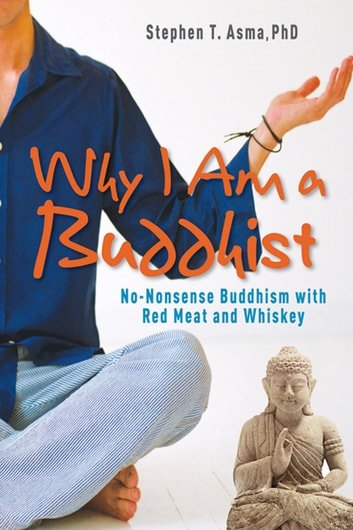Episode 186: Stephen Asma
Against Fairness
Its difficult to describe the work our guest Stephen Asma does, falling at the intersection of philosophy, psychology, religion, and study of the emotions. Greg calls it “Affective Neuro Philosophy.” So many different disciplines converge on what he is doing, but really it’s all about trying to understand humans.
Stephen Asma is Professor of Philosophy at Columbia College Chicago, where he is also Senior Fellow of the Research Group in Mind, Science and Culture, and he is the author of ten books, including “The Evolution of Imagination,” “Against Fairness,” “Why We Need Religion,” and “On Monsters: an Unnatural History of Our Worst Fears.” Stephen is also a blues/jazz musician.
Stephen and Greg discuss a range of issues including utilitarian values , American nepotism, the value & contracts of kith & kin, the costs of tribalism, and the decline of standardized religion.
Episode Quotes:
On living in a culture that’s hostile to nepotism
“It's one thing for people to preach to us about discounting our loyalty bonds and that we should be acting for the good of strangers. And then to find that they're hypocritically provisioning their own family first. Again, I find this more human. It sort of humanizes them, but then shut up about why we all have to just help the strangers and not our own first. I think we live in a culture that's very hostile to nepotism doesn't know what to do with nepotism and then turns around, and each one of us enacts it, practices it, benefits from it.”
Neutral vs Natural bonds
“I do think we're living more and more the utilitarian dream where people are in less tight bonds and more neutral attenuated bonds. And as a result of that, I believe you're finding more depression, you're finding more social problems.”
We ignore nepotism, but it exists.
“Nepotism is alive and well and thriving. It's just that we don't want to look at it. We don't want to acknowledge it. We don't want to have a theory about it.”
Show Links:
Recommended Resources:
Guest Profile:
Faculty Profile at Columbia College Chicago
Stephen Asma on TEDxColumbiaCollegeChicago
His Work:
The Emotional Mind: The Affective Roots of Culture and Cognition
Why I Am a Buddhist: No-Nonsense Buddhism with Red Meat and Whiskey
The Gods Drink Whiskey: Stumbling Toward Enlightenment in the Land of the Tattered Buddha
Stuffed Animals and Pickled Heads: The Culture and Evolution of Natural History Museums











